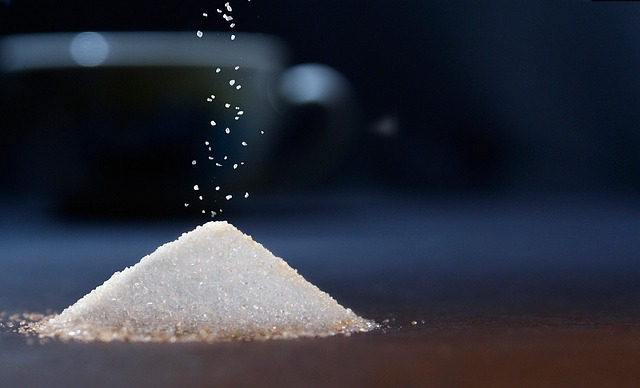Sugar is a commonly consumed ingredient in modern diets, but it can have adverse health outcomes when consumed in large amounts. In recent years, researchers have begun to investigate the link between sugar consumption, especially free sugar consumption, and various health conditions, including obesity, diabetes, and heart disease. Two studies, one published in the BMJ and another in the journal Nutrients, have shed further light on the risks of sugar consumption.
What is Free Sugar?
Free sugar is any sugar that is added to food or drink, as well as sugars found naturally in honey, syrups, and fruit juice. This definition excludes sugars found naturally in whole fruits and vegetables, as these are accompanied by fiber and other nutrients that can help mitigate their impact on health.
Study 1: The BMJ Study
The first study, published in the BMJ, analyzed the health records of over 400,000 people in the UK. The researchers found that those who consumed the highest amounts of free sugars (more than 13% of their daily calorie intake) were at an increased risk of developing a range of health conditions, including heart disease, stroke, and diabetes.
The study also found that consuming more than the recommended amount of free sugars (less than 5% of daily calorie intake) can increase the risk of tooth decay. This is because free sugars provide a ready food source for the bacteria in our mouths, which can produce acids that erode our teeth.
Study 2: The Nutrients Study
Another study, published in the journal Nutrients, focused on the link between free sugar consumption and obesity. The researchers analyzed data from over 1,000 children and found that those who consumed the highest amounts of free sugars had a significantly higher body mass index (BMI) than those who consumed less.
The study also found that reducing free sugar intake could lead to a significant reduction in BMI, even if overall calorie intake remained the same. This suggests that free sugars may be a key factor in the development of obesity.
The Impact of Free Sugar on Health
In addition to the risks highlighted by the studies above, consuming high amounts of free sugar can also lead to other health problems. These include:
- Increased risk of type 2 diabetes: Free sugar consumption can lead to insulin resistance, a key factor in the development of type 2 diabetes.
- Increased risk of heart disease: High free sugar consumption can lead to high blood pressure, high triglycerides, and other risk factors for heart disease.
- Increased risk of liver disease: Excess free sugar consumption can lead to fatty liver disease, which can cause liver damage and lead to more serious conditions like cirrhosis.
- Increased risk of depression: Some studies have linked high free sugar consumption to an increased risk of depression.
Conclusion
The evidence is clear: consuming high amounts of free sugars can have a range of adverse health outcomes, from tooth decay and obesity to heart disease and diabetes. To improve your health and reduce your risk of these conditions, it’s important to limit your intake of free sugars and opt for healthier, whole-food options instead.
Salt and Sugar
-

10 Powerful Tips to Curb Sugar Cravings and Improve Your Health
Introduction: Sugar cravings can be a challenge when trying to maintain a healthy diet. The intense desire for sugary treats can derail your efforts to eat nutritiously and lead to unwanted weight gain and negative effects on your overall health. In this article, we will provide you with 10 effective tips to help you stop…
-

The Role of Salt in Fluid Retention and How to Use This for Health
-

Salt and Sugar Can Hurt Your Gut Health
-

The Truth About High Fructose Corn Syrup: Why It’s Bad for You
-

What is Sugar Addiction and How to Beat It
-

Quit Artificial Sweeteners NOW! Understanding the Risks to Your Health
-

Best Sugar Alternatives to Sweeten Your Tea and Coffee









Leave a Reply